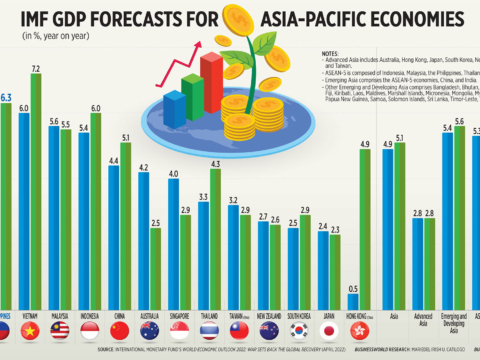PALO ALTO, Calif. (Diya TV) — It’s well known in the South Asian diaspora that cardiac issues are commonplace. But new research is shedding light on how prevalent it is and why it’s a topic scientists are efforting to understand better.
South Asians face cardiac issues at four times the rate of the general population according to Stanford Medicine and studies suggest South Asians have two to three times higher risk of coronary artery disease when compared to other ethnic groups.
Thus, South Asians often face heart related procedures at a relatively young age and are also more likely to lose their life from heart attacks.
“When you look at data coming out of both India and elsewhere, South Asians have higher risk even at younger ages,” said Dr. Abha Khandelwal of Stanford’s South Asian Translational Heart Initiative (SSATHI).
“The heart attacks are happening about eleven years earlier on average than any other ethnic group.”
In July 2022, Congress passed H.R. 3771, the South Asian Heart Health Awareness and Research Act of 2022, co-sponsored by Seattle-area Rep. Pramila Jayapal.
The bill authorizes the Department of Health and Human Services to “establish programs that support heart-disease research and awareness among communities disproportionately affected by heart disease, including the South Asian population of the United States.”
During a press conference broadcasted by Diya TV celebrating the passage of the bill that was attended by House Speaker Nancy Pelosi, Jayapal said “this is an issue that affects every single district across the country and it was really great to have such a big bipartisan vote.”
For Stanford’s Rajesh Dash, this effort is personal. The Indian American doctor has seen the epidemic first-hand, personally and professionally.
“About 2 years ago, a few colleagues of mine and myself had recognized that we all have a family history of early heart disease. A lot of people in our families have died at early ages and have had heart problems their whole life.”
There are standard recommendations made by medical practitioners to reduce the risk of heart ailments – exercise more, have a better diet, stop smoking and manage stress.
But SSATHI officials point out genetics also play a role. So risk factor screenings and research programs like theirs that call for additional heart testing and genetic risk evaluation are additional options to consider.
SSATHI patient Jaswant Tawdekar says with all the risk factors involved, one shouldn’t put their checkups on the backburner, even if they ‘look’ like the picture of health.
“A lot of people think if they are lean they might not have any issues at all. But that’s not the case with South Asians.”




